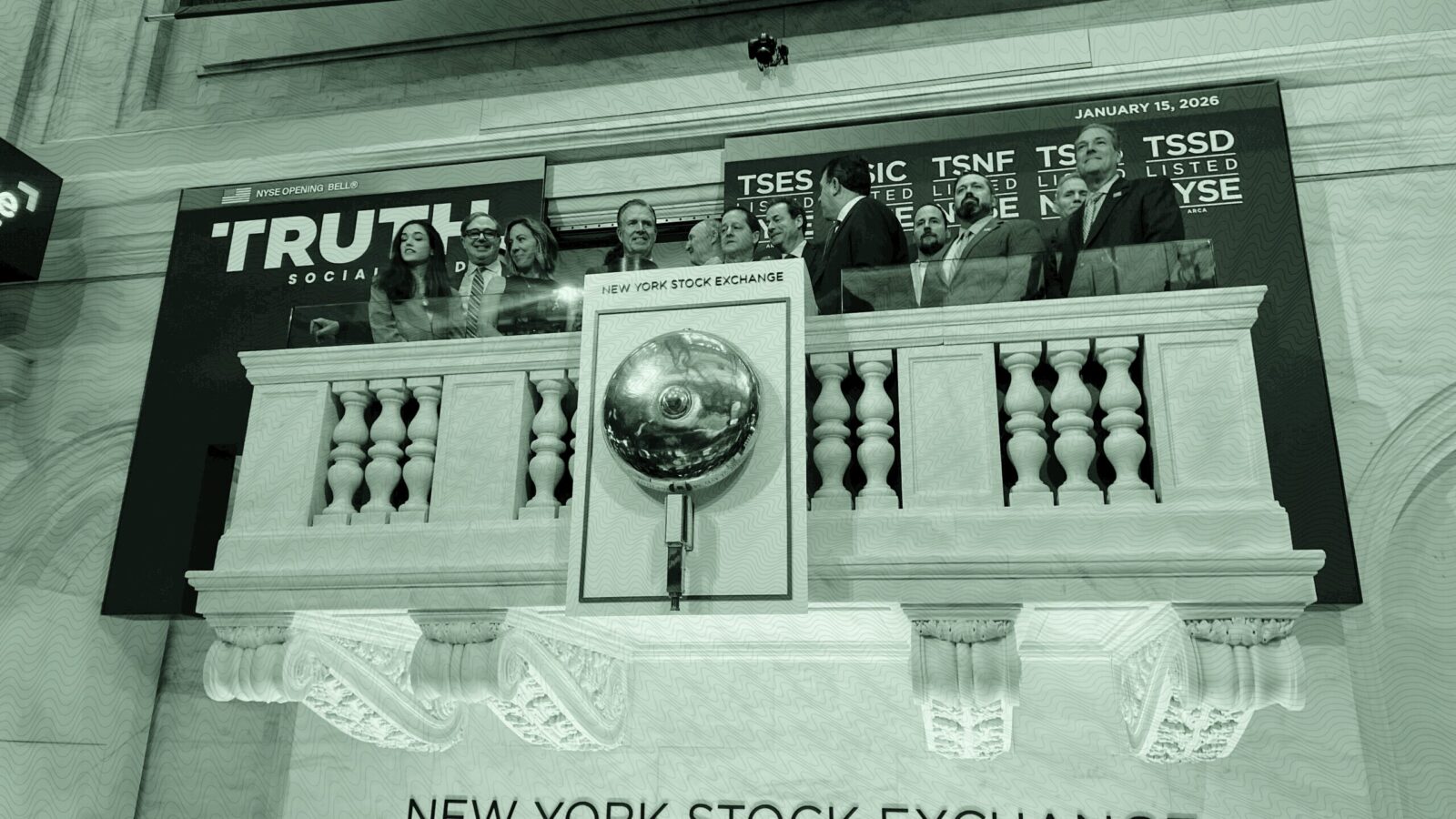3 Reasons to Keep Politics Out of Portfolios
Mixing politics and investing is like mixing emotions and math: It rarely adds up.

Sign up for market insights, wealth management practice essentials and industry updates.
From a politics perspective, the past few months have been tough for clients.
Some have even been chattering about how they want to bail on stocks — or at least reduce exposure. Common themes in client emails have been: “We’re freaking out over here. Now that Trump is trying to cook the books as feared earlier in the year.” Or, “Given red flags like our mushrooming national debt, one would be crazy to invest.” Yet, this mindset isn’t unique to this administration. Every time there is a new president, advisors get emails and calls from people emotionally driven and wanting to get out of the stock market.
Today’s statements may be quite different from those of the past, but when a new president is elected, the next set of emails will be quite different from those of today. The game plan, however, should remain the same.
Practicing Politics
While we could debate data on whether markets do better when either party wins the presidential election, it’s not all that relevant. That data shows a correlation, but no causality. Here are a few reasons politics and portfolios don’t mix:
- Markets know who the president is. The only reason to time the market is if you know something the rest of investors don’t. Investors are almost never in that position, and neither are you. Sure, markets have been volatile based on the news, especially regarding the tariffs, but if it’s in the news, markets have already reacted. It’s too late to sell if you don’t like a president or the policy of that president.
- Emotional decisions decimate returns. Warren Buffett famously advised to be fearful when others are greedy, and to be greedy only when others are fearful. Those that sell because they don’t like a president have really paid the price.
George Smith of LPL Financial found that investors who kept their money in U.S. stocks since 1950, regardless of who’s in the White House, would have made 10 times more returns than investors who only kept their holdings while either the Democrats or Republicans were in power. From 1950 through June 24, 2024, $10,000 invested in the S&P only while Republicans held the presidency grew to just over $1 million. With Democrats holding the presidency, it grew to almost $3.3 million. But if you invested irrespective of the president, it grew to over $34.3 million.
- Don’t pay the panic tax. The stock market rises over the long run, and clients can defer and sometimes avoid paying taxes on those gains when you are in the zero percent long-term capital gains rate or pass it on to heirs with the step-up basis. Unless stocks are in tax-advantaged accounts (like a Roth or traditional retirement account), clients will likely have a tax bill since markets are near an all-time high. When clients pay that tax bill, they no longer have those funds to continue compounding.
What If We Hate a President?
First of all, understand that it’s hard to know which side of one’s brain is in control. The late Nobel Laureate, Daniel Kahneman, noted our brain has two systems of thinking. System 1 is fast, intuitive and automatic; it makes snap judgments. System 2 is slow, deliberate and analytical, and handles complex thinking. It may seem like emotions and logic are easy to separate, but they’re not.
Confirmation bias makes us find what we take as logic to support our decision. Even worse, internet searches and social media feeds are driven by past internet activity, so we are not even aware that we are only seeing one side of the argument. This likely has led to how nasty politics has become, since both sides are getting very different information that they are sure is right, and the other side is projected as somewhere between stupid and evil.
All of this doesn’t mean that we should ignore politics when investing. Some sectors or industries might do better so it’s a good idea to own everything through a total stock index fund. Even if we think we know which sectors or industries the president views more favorably, it’s already priced into the market. It’s now also not clear if the US will continue to dominate as it has for more than a decade. The structural deficit and debt that has been building under both political parties is more than a little concerning. That’s one of many reasons to also own some international stock, also through a total international stock index fund.
Buy Cheap, Diversify, Repeat. For well over two decades, some of the best advice to give clients has been: “I don’t know the future, and that’s the most valuable advice I’m going to give you.” Not only can we not predict how the stock market will perform, we can’t even explain the past. Case in point: We’re still waiting for an explanation of why US stocks gained 21% in 2020 as COVID-19 hit, unemployment surged and the economy sank. But we do know that capitalism will continue. Over time, those who take smart, disciplined risks and stay the course are the ones who are rewarded.
Stay focused on what we can control: costs, diversification and discipline. Voting can reflect one’s beliefs, but portfolios should reflect the plan. Mixing politics and investing is like mixing emotions and math: It rarely adds up.











